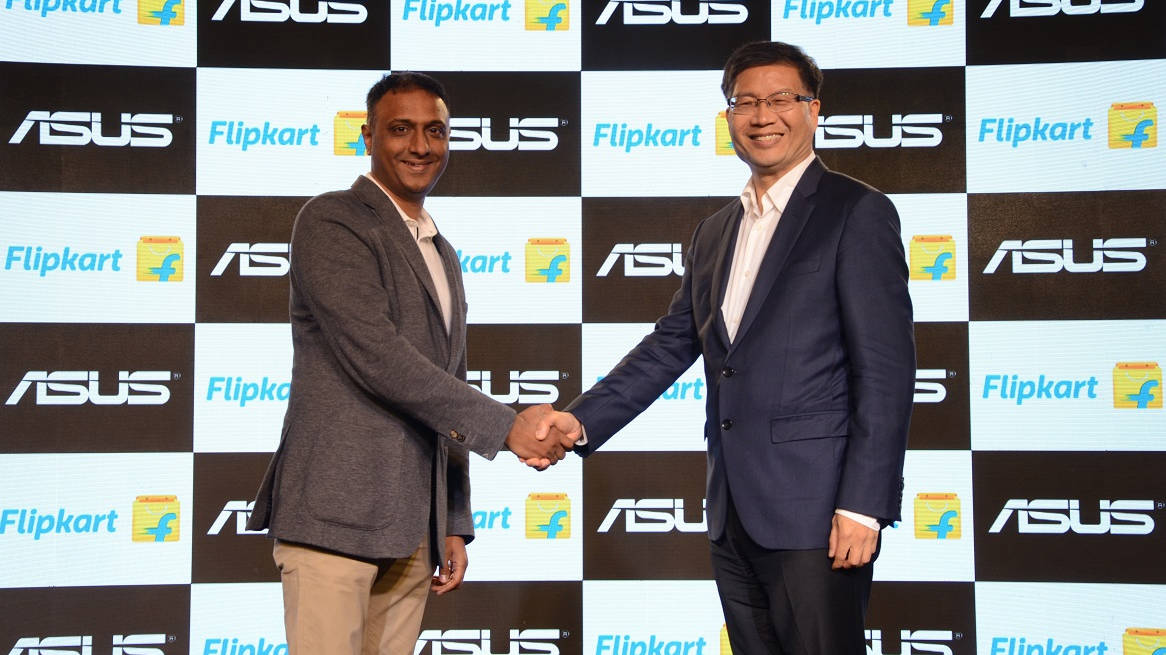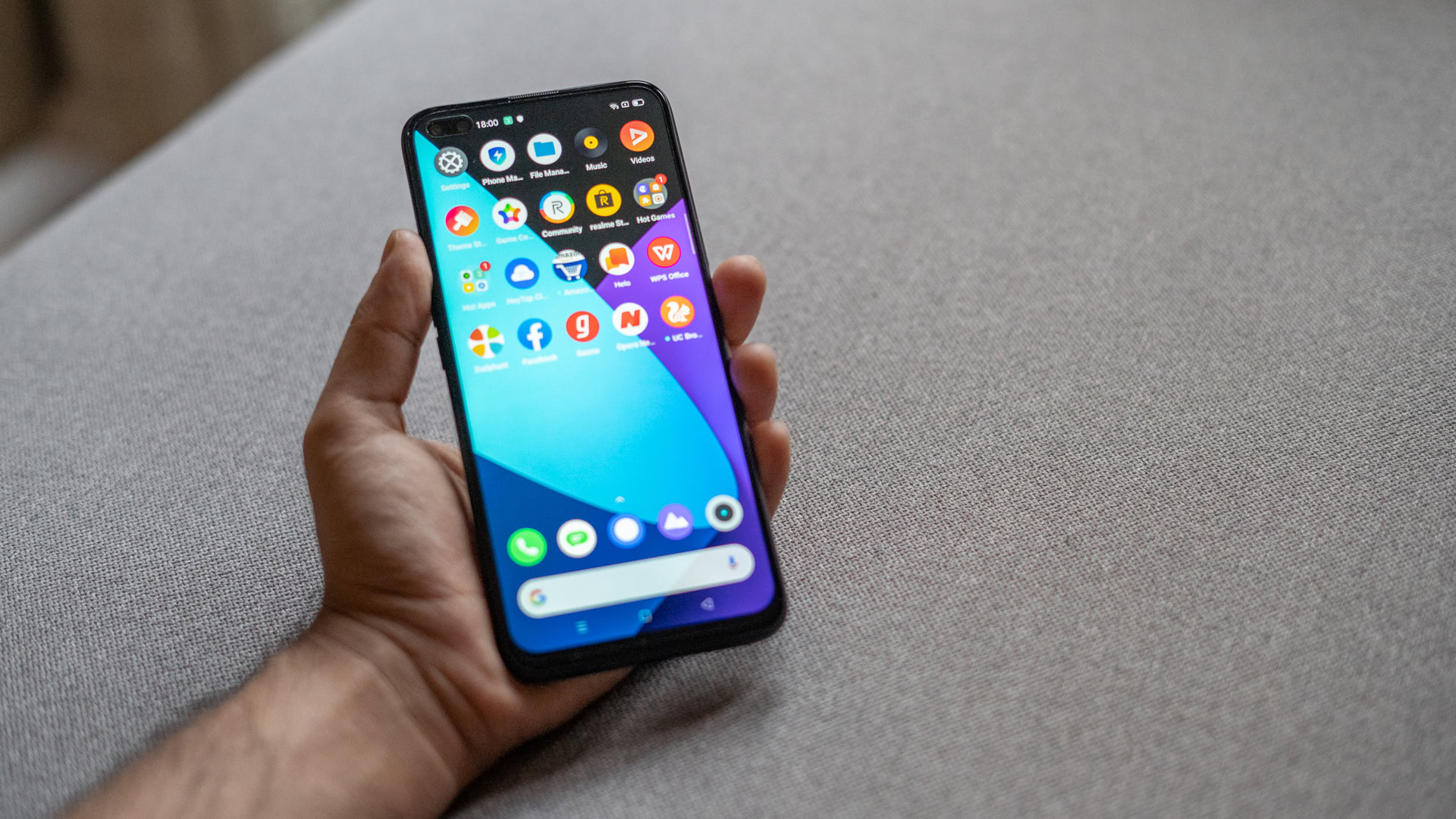Affiliate links on Android Authority may earn us a commission. Learn more.
India's new e-commerce rules spell trouble for discounted phones

As smartphone sales worldwide continue to slump, India has presented itself as the largest growth opportunity. A new e-commerce policy could, however, throw a spanner in the works for Xiaomi, Realme, Asus and more.
The new policy, which comes into effect starting February 1, issues a deadline regarding the rules for direct foreign investment in India. The policy, predominantly affecting e-commerce platforms like Amazon and Flipkart, could end up being devastating for the burgeoning online retail market in India, which relies heavily on cash-backs, discounts, and exclusives for growing market share.
Of the multiple changes inbound, there are three that particularly stand out.
- A vendor cannot sell more than 25% of inventory on a single e-commerce platform
- A marketplace cannot mandate a seller to list products exclusively on their platform
- Marketplaces cannot offer sales or cash-backs that may directly or indirectly affect the sales price of a product
The policy changes mandate that no more than 25% of a vendor’s inventory can be sold on a single e-commerce platform. This could prove to be a major roadblock for brands like Xiaomi and OnePlus that have built their market share through aggressive online pricing. While both the companies have since expanded into offline retail, offline does not represent a significant portion of sales for them. Neil Shah from Counterpoint Research claims that this could be a big opportunity for Samsung to bridge the gap between it and Xiaomi. While Samsung’s 23% market share might lag behind Xiaomi’s 27%, the company has a very strong offline presence in the country.

For brands like realme that entered India through a partnership with Amazon, the added visibility brought by exclusivity agreements and the associated marketing played a big role in driving sales. Bypassing the costs involved with traditional retail networks and logistics across the length and breadth of the country has allowed many newer players to flourish.
The 2018 festive season, in particular, saw smartphone sales to the tune of $800 million led by the deals and cash-backs on offer.
Asus too announced a partnership with Flipkart last year, where the platform would become the principal sales channel for the Taiwanese company’s smartphones. We reached out to ASUS for a comment on how the new rules, which forbid exclusivity deals, might affect the partnership, but the company declined to participate.

A big incentive for online shoppers has been the deep discounts offered through the myriad sales and shopping festivals organized by Amazon and Flipkart over the course of the year. The 2018 festive season, in particular, saw smartphone sales to the tune of $800 million, led by the deals and cash-backs on offer. This could be a thing of the past, as the new policy explicitly forbids marketplaces from offering any direct or indirect discount on a product.
With just two weeks left to go for the policy to come into effect, there is still a lot of confusion around how major e-commerce vendors and smartphone vendors will get around the regulatory hurdles. For now, though, it looks like India’s online sales boom might just hit a rather big speed bump.